|
Truth is an elusive idea.
While human beings place tremendous value on what's true, there is often disagreement on what that truth is. In any given situation there may be disagreement or multiple versions of the truth. Nowadays, we are encouraged to develop a personal truth. We are often instructed that our personal version of the truth should inform our belief system and our actions. Sometimes we are told that we know what the truth is deep within us, and we just need to discover what that is. Herein lies the complexity of truth. Personal truth is subjective. To explore this further, let's discuss truth in two categories: objective and subjective. Subjective truth is defined as what you personally believe to be truth. This does not have to be—and will not be—the same for everyone. Importantly, it is not right for one person to try to convince another of their own personal truth. These ideas are personal, based on our unique experiences and goals. They don’t require others to believe the same thing. However, they require your own belief to be true for you. Subjective truth requires belief. Objective truth is different. Objective truth is true regardless of whether you believe it or not. You do not have to adhere to a certain belief system. You do not have to even know or understand things that are objectively true. Objective truth does not require belief—it is true regardless. A final layer of complexity is something called collective subjective truth. This can be an idea or belief system that is widely agreed upon by hundreds, thousands or even millions of people. Collective subjective truths can be agreed upon so widely that we mistake them for what is objectively true. Regardless of how many believe an idea, it is still a subjective truth if it requires belief. It is worth examining our personal beliefs time and time again. Are they only true because we believe them to be true? We can ask ourselves, what is true regardless of whether I believe it or not?
0 Comments
Today we mourn the passing of Dr Prem Sundar Das. Dr Das spent his life teaching yoga. He was a kind and generous soul who lived a life of service.
For decades, Dr Das has been affiliated with various yoga organizations. He served as a consultant, founder, chairman or principle for many institutions such as the World Yoga Society founded by his late brother Mr. Dibya Sundar Das, Ghosh's Yoga College, and his own research and teaching institutions. He taught over 1,200 teachers and spent countless hours with students and patients, teaching and prescribing therapeutic yoga. Dr Das held a plethora of higher degrees and was held in the highest esteem by communities he came into contact with, both in India and abroad. In his book Yoga Panacea, Dr Das writes: "The art of yoga not only concentrates on the physical organs and muscles but also on the power of life. The life force in the muscles and nervous system is rejuvenated by the practice of yoga. In order to develop physical strength and the power of the mind, most people acknowledge the efficacy of the 'Love Formula.' God is love and love is god." Both his knowledge of yoga and his caring demeanor touched the lives of so many around the world. Today our hearts go out to his family, and all of those close to him who are mourning his passing. Here is a simple act of generosity you can do: Next time you are at the grocery store, in addition to buying your own groceries, pay for those of the person in line behind you.
You can apply this act in restaurants — pay for the table next to you. At a drive through — pay for the car behind you. In a coffee shop — pay for the order behind you. At a fast food restaurant — pay for the person behind you. At any other store — pay for the person behind you. Don't try to judge whether that person needs your help, nor whether they deserve your help. It is a simple act of generosity on your part, offering some of your resources for the benefit of someone else. Chances are it will do more good for you than the other person. And it may inspire them to commit an act of generosity for someone else. The vast majority of humans need to sleep for about 8 hours per night. This fact is increasingly supported by scientific studies. Sleeping for less, even if it's only one or two fewer hours per night, can have immense negative impacts on our brain, physical health and longevity. Even if you don't read any further, make a point to get plenty of sleep tonight, tomorrow and every night thereafter. Our modern culture has come to wear all-nighters and claims that "I don't need much sleep" as badges of honor that signify determination and a strong work ethic. Unfortunately, no amount of will-power or toughness can match the memory, cognition and mental flexibility that sufficient sleep offers. You probably know that our daily sleep-and-wake cycle is governed by the circadian rhythm. Every living being on earth has this cycle built into its cells and brain, as we have evolved on a planet with 24 hour patterns of light and dark. It has long baffled humans why we spend so much time unconscious. Do we really need that much "rest"? Actually, no! Because sleeping shouldn't be confused with inactive "rest". Sleeping is an active state for many systems in the body and brain. It is not just "turning off", but more like a race car pulling into a pitstop. The car's wheels may not be spinning, but it is getting vital repairs and maintenance that enable it to function. Skipping a pitstop will reduce function and eventually cause catastrophic failure. Sleep is the same way for humans. It is absolutely vital, and every hour of it is essential. Humans need about 8–9 hours of sleep each night. This is broken up into 90 minute cycles where the brain goes into deep sleep and then returns to a shallower form. There are a few different "levels" of sleep, and each accomplishes different tasks in the brain. We need all of these things for the proper function of our memory, learning and coordination, let alone our health.
Put another way, we sleep differently early in the night than in the morning just before waking. The first hours of sleep are populated with deep, dreamless sleep, while the last hours are full of vivid dreams. Deep sleep clears our day's short-term memory, integrating it into long term storage and preparing us for the next day of learning. Dreaming sleep improves coordination of the body and motor function. Athletes and others who will benefit from physical coordination—including modern yogis—need this part of sleep. So don't skimp! Sleep shortages, even as small as one or two hours, can negatively impact our memory, our ability to learn new information, our blood sugar, our immune system and our hunger. We may think that missing only a couple hours in a night will have minimal impact, but sleeping six hours per night for six nights is roughly equivalent to pulling an all-nighter. Our waking function becomes hugely compromised. The moral is this: Don't cut your sleep short! Be sure to get enough total hours, and be sure to get all the different parts of sleep. Probably the easiest to neglect is dreaming sleep in the morning, which is the first to get cut off by an early alarm. (Also, read Why We Sleep by Matthew Walker, PhD. An excellent book that blew our minds. Thanks to Sue for the recommendation!) |
AUTHORSScott & Ida are Yoga Acharyas (Masters of Yoga). They are scholars as well as practitioners of yogic postures, breath control and meditation. They are the head teachers of Ghosh Yoga.
POPULAR- The 113 Postures of Ghosh Yoga
- Make the Hamstrings Strong, Not Long - Understanding Chair Posture - Lock the Knee History - It Doesn't Matter If Your Head Is On Your Knee - Bow Pose (Dhanurasana) - 5 Reasons To Backbend - Origins of Standing Bow - The Traditional Yoga In Bikram's Class - What About the Women?! - Through Bishnu's Eyes - Why Teaching Is Not a Personal Practice Categories
All
Archives
May 2024
|

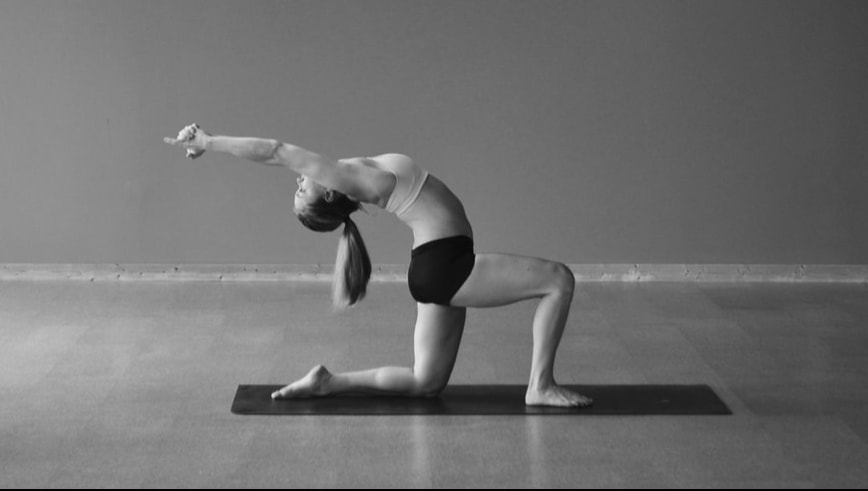
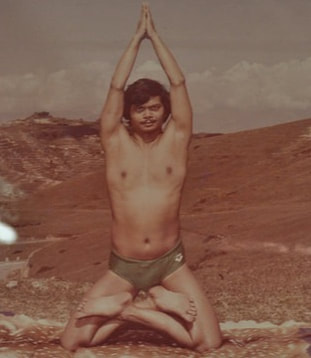

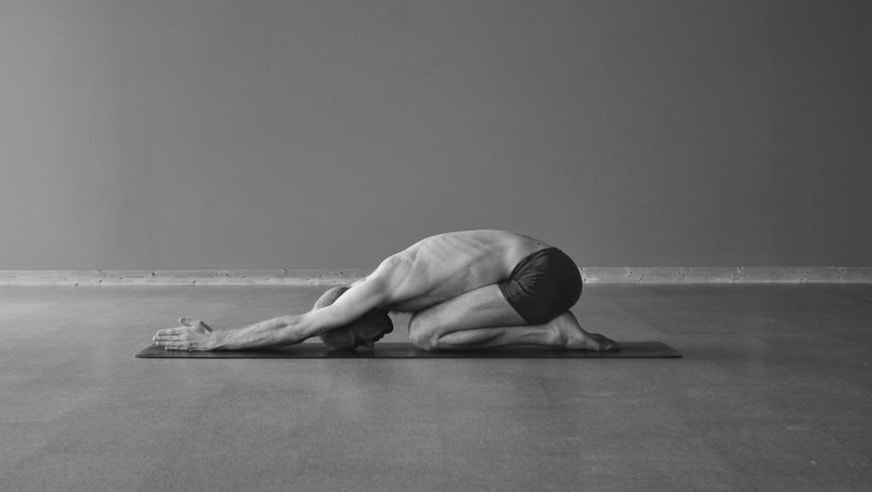
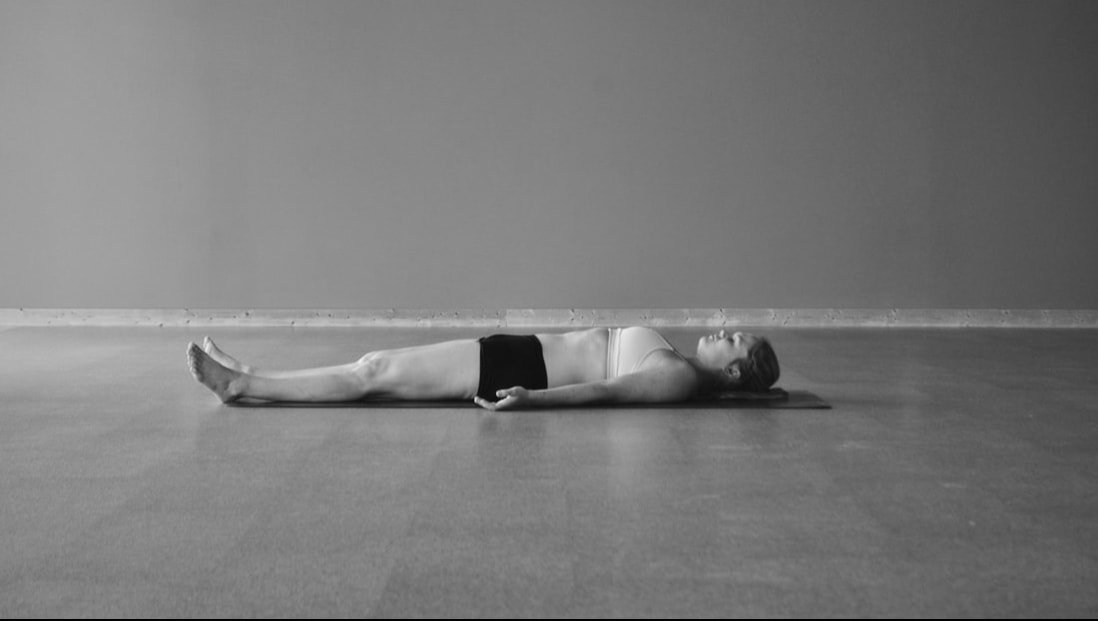
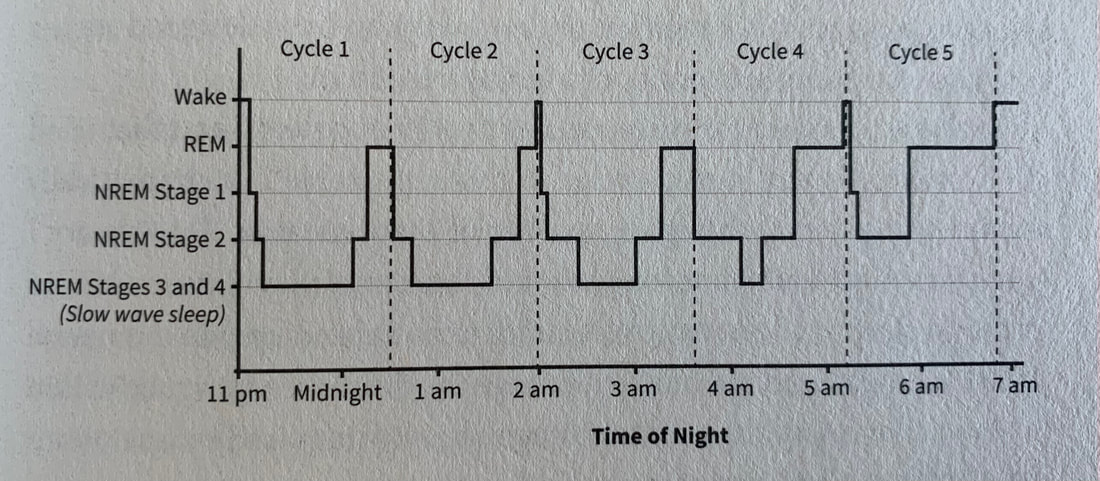
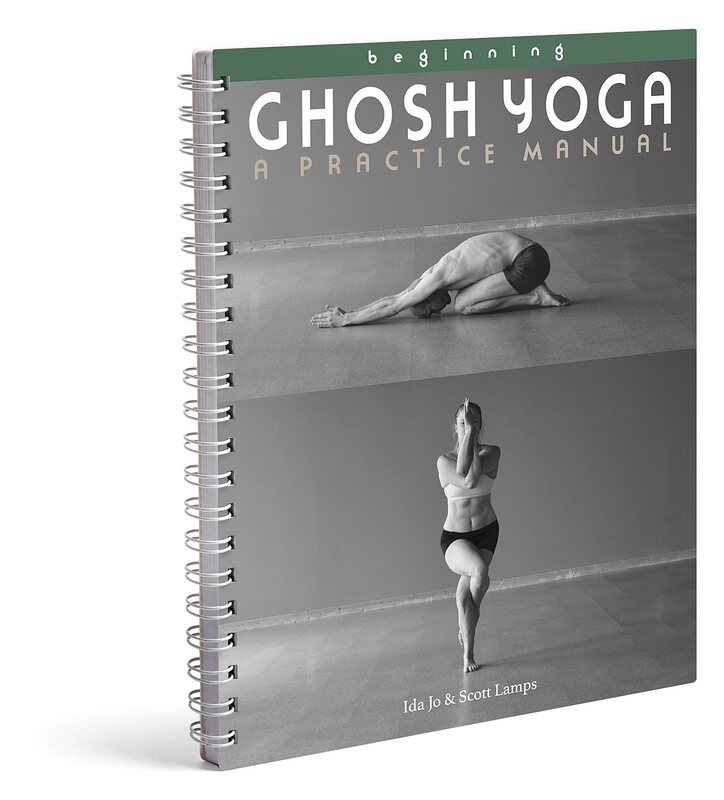
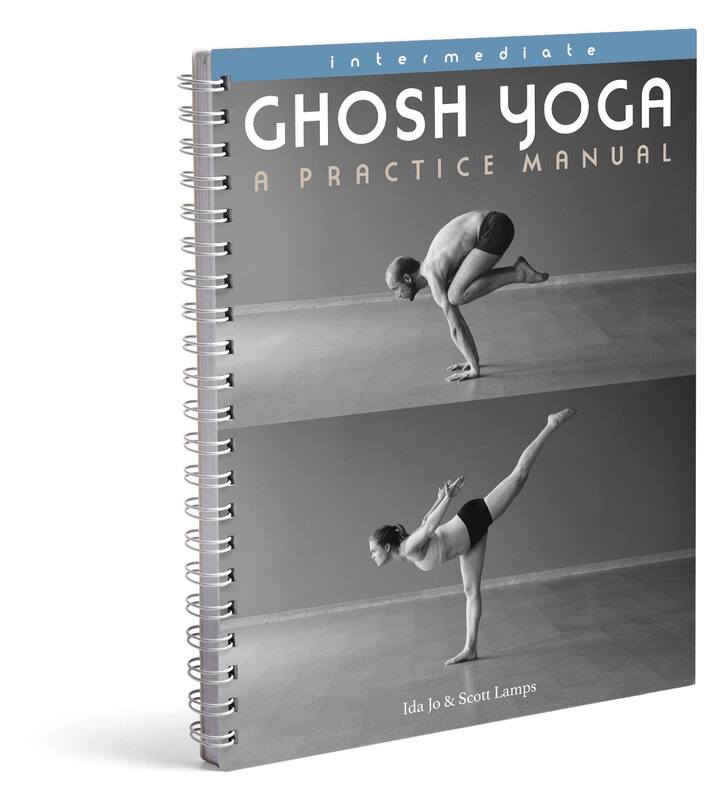
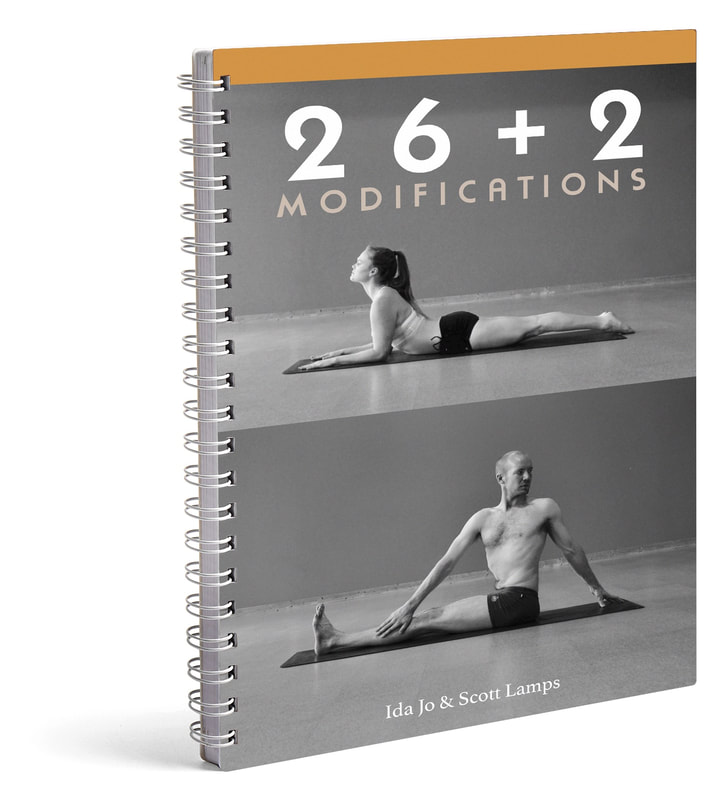
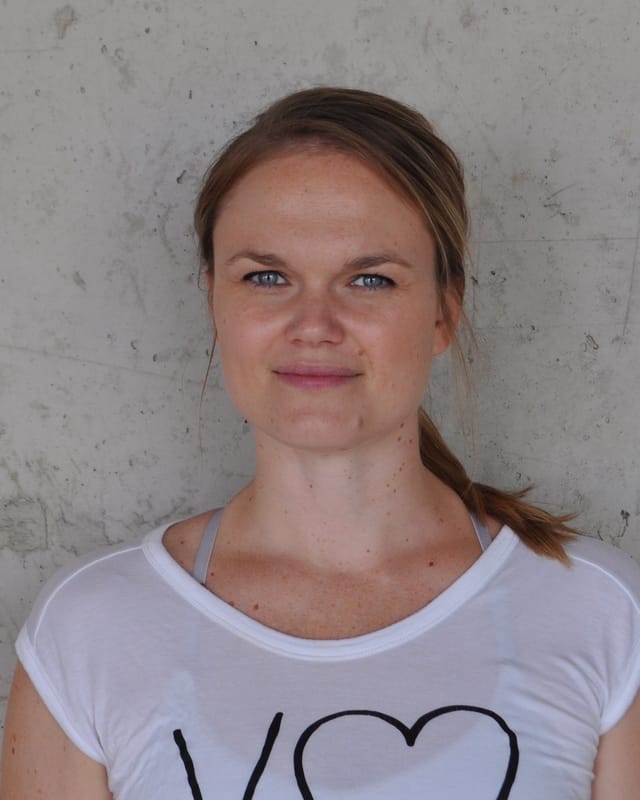
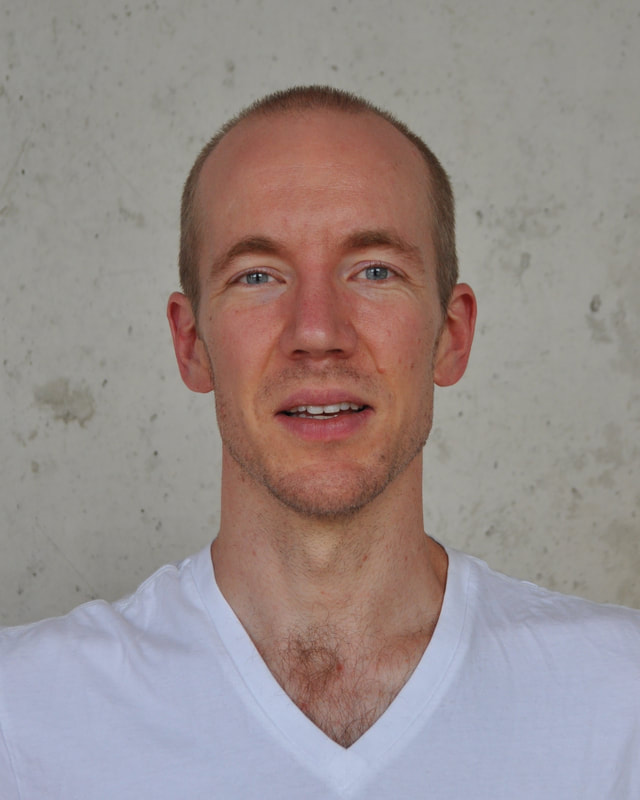
 RSS Feed
RSS Feed